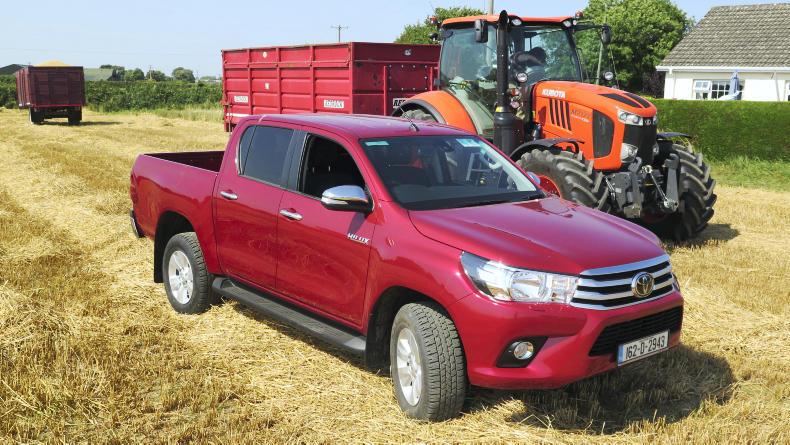The first point to remember when asking yourself how much your vehicle can tow is that the maximum trailer weight is controlled by the towing capacity of the vehicle.
Every 4x4 is designed to tow a certain weight depending on the specification size and braking efficiency of the vehicle.
Every trailer is designed by a manufacturer to carry the weight intended for use.
Some specifications may require a single, double or even triple-axle trailer to carry out the task.
Trailer manufacturers differ in the weights that each axle can carry. This is up to the manufacturer’s specification choice. Trailers using triple axles are often longer, to carry longer items such as boats, bales and timber beams, not entitling them carry over 3,500 kg.
All trailers capable of holding 750kg and over are required to have their own braking system.
Category B licence
A category B driving licence authorises you to drive a car, van or 4 x 4 which has a maximum mass (as specified by the manufacturer) of not more than 3,500kg and is designed and constructed to carry no more than eight passengers in addition to the driver. You may tow a trailer with a maximum mass (again as specified by the manufacturer) not greater than 750kg, or where the maximum mass is more than 750kg, the combined maximum mass of the towing vehicle and the trailer is not greater than 3,500kg.
To put it simply, if the vehicle and the trailer in combination is over 3,500kg it is illegal to operate under a category B licence.
Category BE licence
Under a category BE licence, the trailer and load can weigh up to 3,500kg and your vehicle can weigh up to the same maximum of 3,500kg, bringing the combined weight to 7,000kg.






 This is a subscriber-only article
This is a subscriber-only article











SHARING OPTIONS: